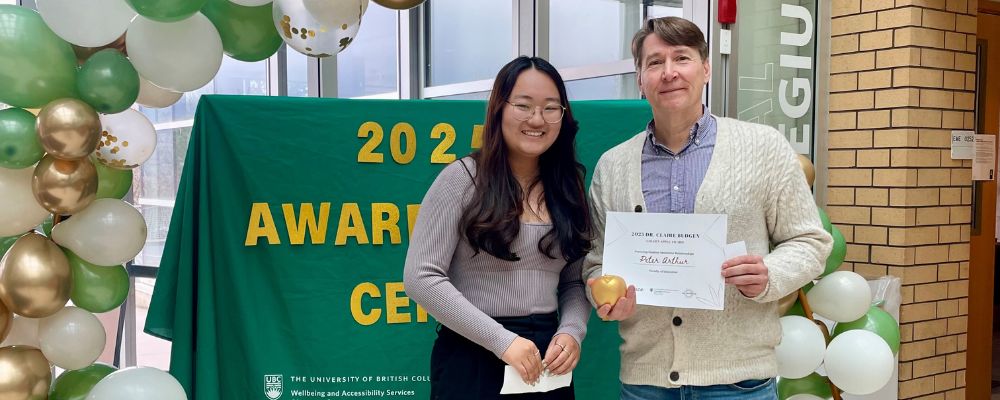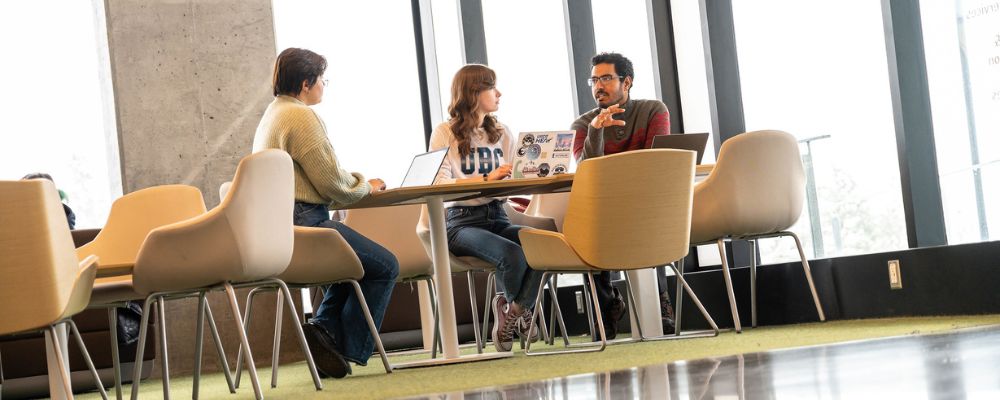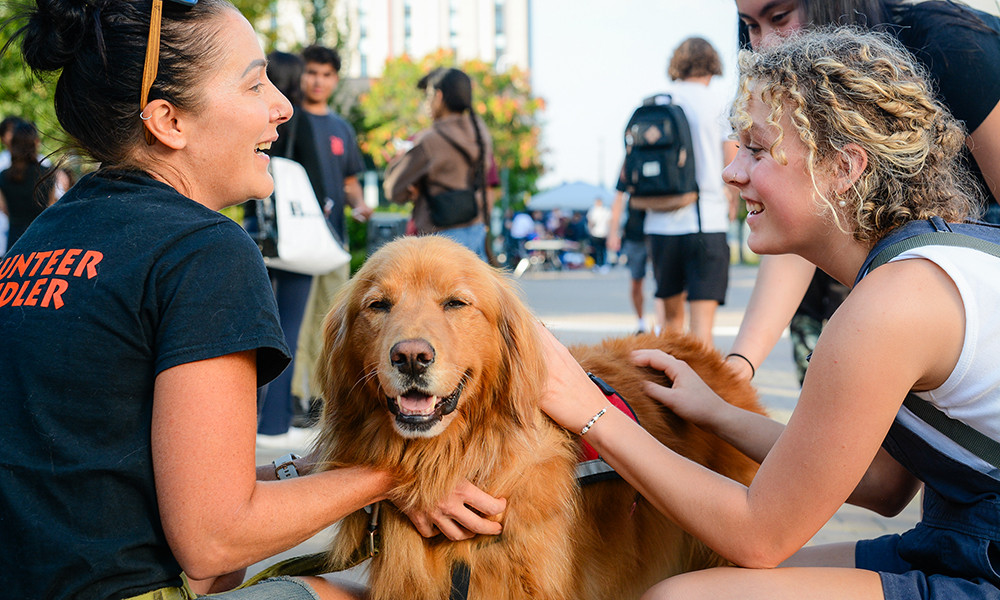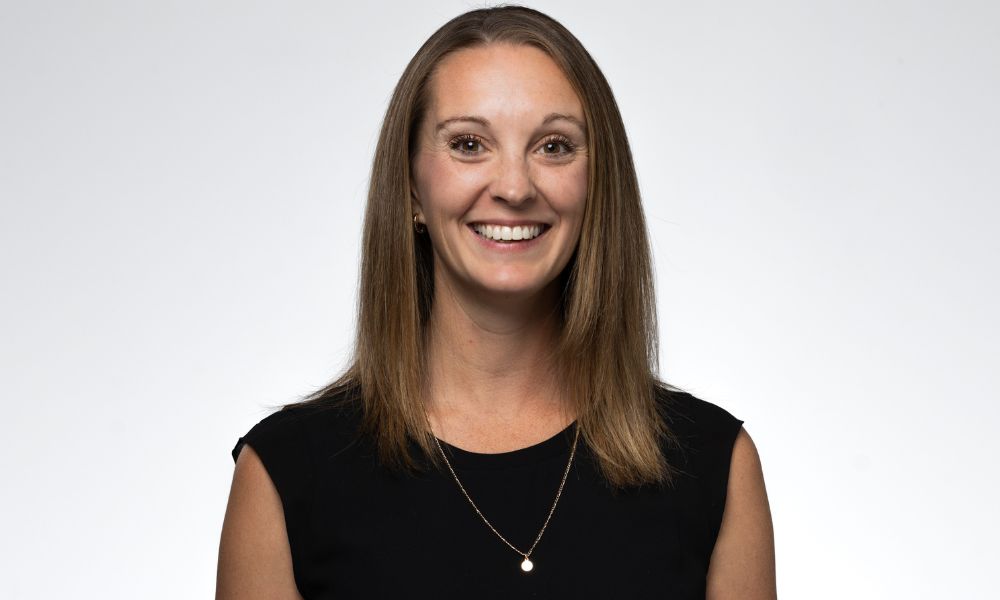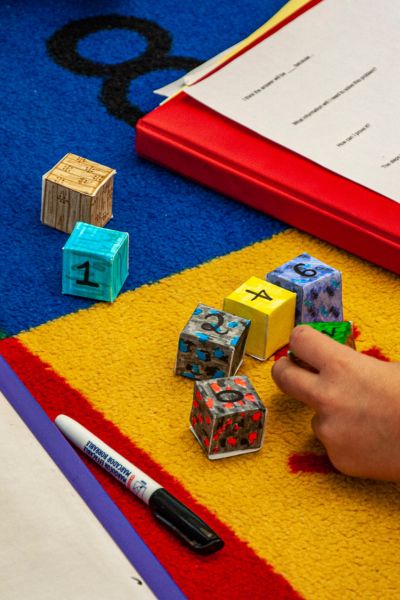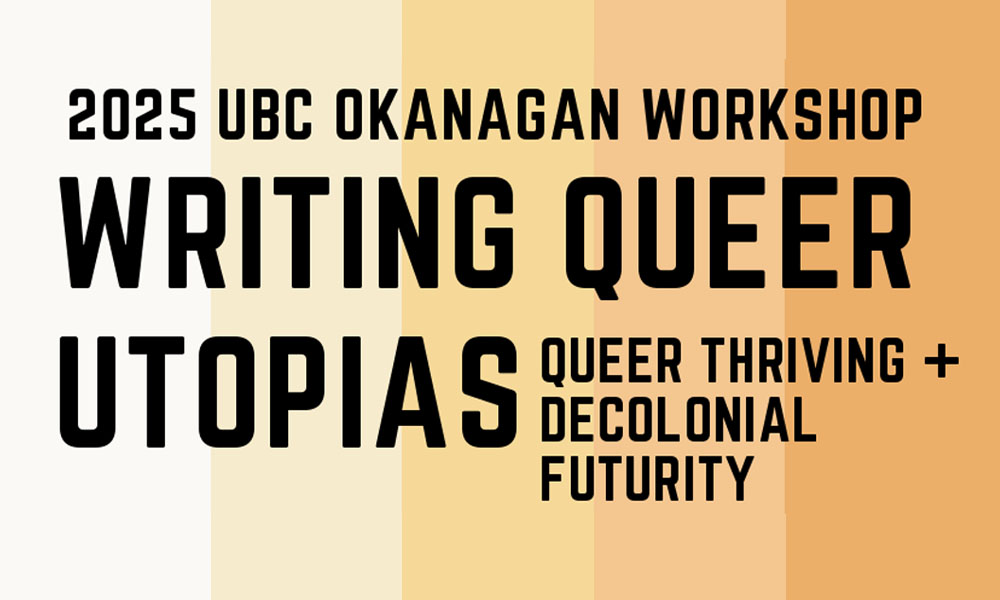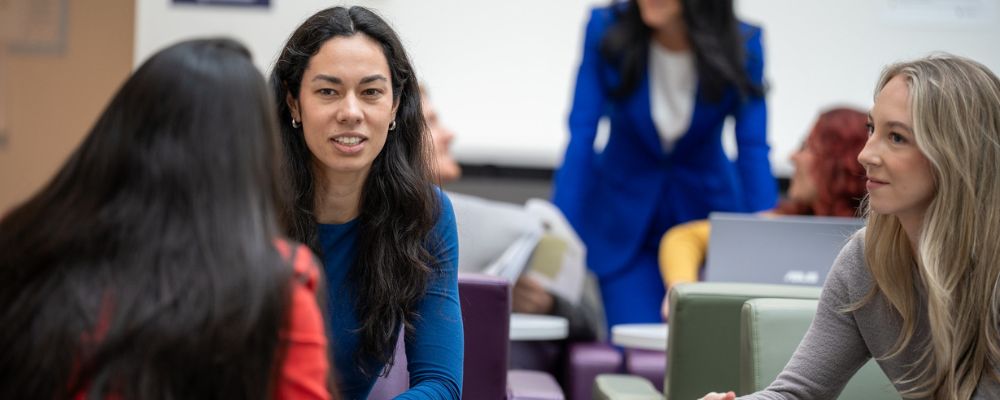
A Master of Education (MEd) degree is often associated with education roles, such as teaching and school administration. However, the skills and knowledge you gain from a MEd can be applied in many fields outside of traditional classroom settings.
Here are a few jobs where an MEd degree can enhance your career:
Corporate Trainer
Corporate trainers design and deliver training programs for employees, helping them develop skills and improve performance. An MEd with a focus on instructional design, adult education, or organizational learning can provide the expertise needed to create effective, engaging training programs for businesses in various industries.
Skills Applied: Curriculum development, communication, adult learning principles, and instructional technology.
Nonprofit Program Coordinator or Director
Many nonprofit organizations offer educational services or community programs. An MEd equips you with the skills to design, implement, and evaluate educational programs for underprivileged or marginalized communities.
Skills Applied: Program development, leadership, inclusive education, curriculum design, and assessment.
Human Resources Specialist (Employee Development)
Human resources professionals involved in employee development use educational strategies to improve employee performance, conduct training workshops, and manage onboarding programs. An MEd can be an asset for HR professionals focusing on creating employee training programs or leadership development.
Skills Applied: Training development, leadership skills, evaluation and instructional strategies.
Content Developer for Educational Media or Technology
Companies in the educational technology sector often need content developers who can create engaging, educational materials or courses for students or professionals. An MEd with a focus on instructional design, educational technology, or media studies can make you highly attractive to companies in this growing industry.
Skills Applied: Instructional design, multimedia content creation, technology integration, and user experience design.
Health Educator
Health educators teach individuals or groups about healthy behaviors and wellness. This role often involves creating and delivering educational programs about topics like nutrition, physical activity, mental health or drug prevention. An MEd can provide foundational skills needed for this role.
Skills Applied: Curriculum development, learning principles, program management and communication.
Museum/Art Gallery Educator or Curator
Many museums and art galleries offer educational programs and need educators to develop and deliver tours, workshops, or educational content for visitors of all ages. Your background in education can help make the museum’s exhibits more engaging and informative.
Skills Applied: Program development, educational outreach and curriculum design.
Learning Strategist (Post-Secondary Institutes)
Most post-secondary institutions have positions where individuals are involved in helping students improve their academic performance through effective learning techniques, study habits, and educational support. These roles may also assist faculty in creating effective online or face-to-face courses and learning materials tailored to diverse student populations.
Skills Applied: Learning principles, project management and instructional strategies.
Social Media Manager (For Education-Related Content)
Educational organizations, from schools to educational technology companies, need social media managers who can create content that educates and engages their audiences. An MEd background can be particularly useful in creating meaningful educational content and understanding how best to communicate complex topics to a wide audience.
Skills Applied: Audience engagement, educational outreach and project management
Government Education Specialist
Many government agencies focus on educational initiatives and programs, whether it’s creating literacy campaigns, advising on public education funding, or overseeing public education systems. An MEd can provide the knowledge and perspective needed to work in these roles.
Skills Applied: Policy analysis, program development, communication, and education system knowledge.
Read more to see if pursuing your MEd with a Capstone or Coursework only is right for you.
To Become a Teacher in BC
Receiving a Master of Education can qualify you to teach in post-secondary institutes such as colleges or universities. It does not qualify you to teach in K to 12 schools; however, for current certified teachers, it may lead to a TQS category upgrade.
To teach in BC’s K-12 schools, you need to complete an undergraduate degree and an approved teacher education program, such as our Bachelor of Education. This will qualify you to obtain a teaching certificate from the Teacher Regulation Branch.
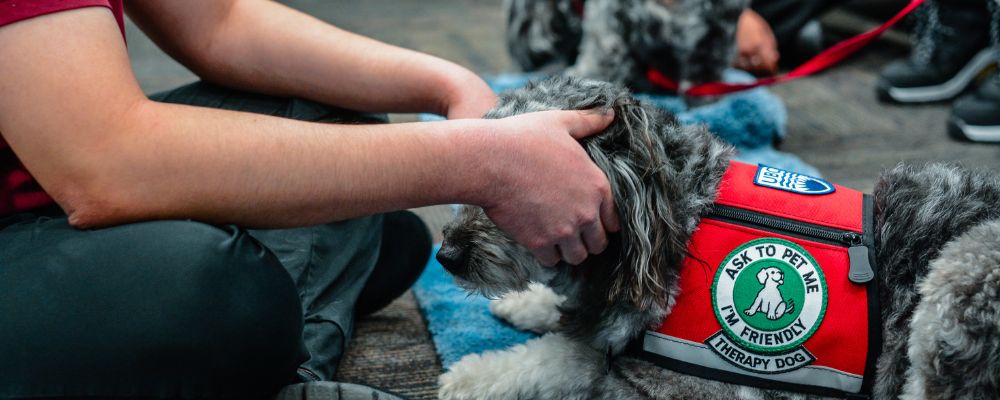
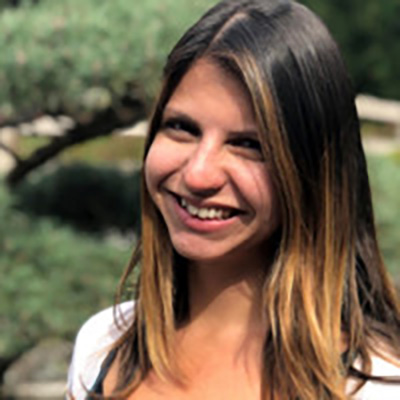
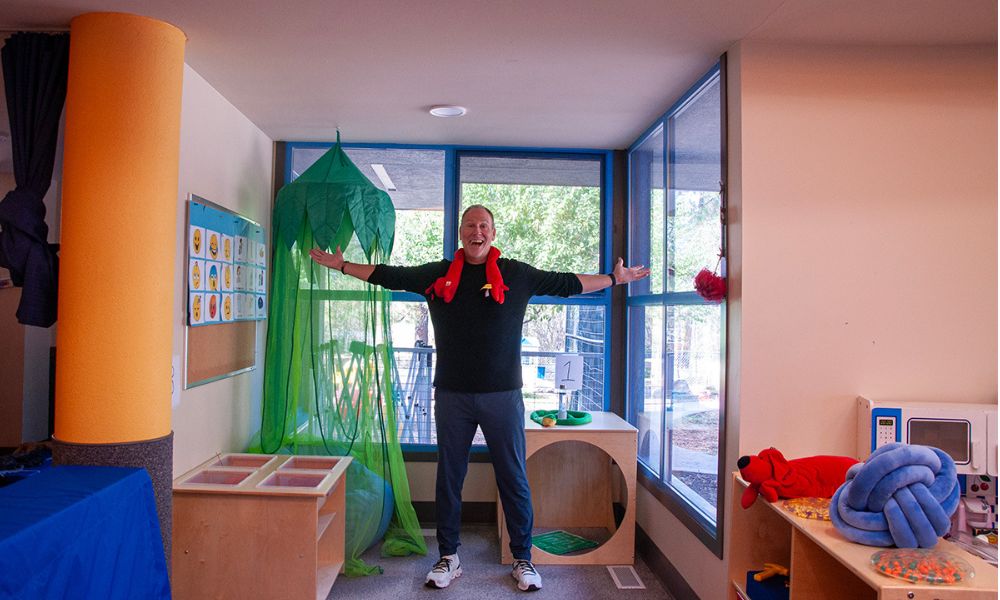
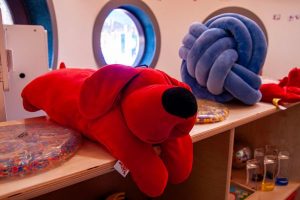 “We’ve seen such a positive difference in the children’s behavior since the sensory room opened,” says Kamini Kishore, Program Manager of the UBCO Child Care Centre. “Having regular access to the equipment gives them an outlet for energy and emotions, and it helps set them up for a more successful day overall.”
“We’ve seen such a positive difference in the children’s behavior since the sensory room opened,” says Kamini Kishore, Program Manager of the UBCO Child Care Centre. “Having regular access to the equipment gives them an outlet for energy and emotions, and it helps set them up for a more successful day overall.”
